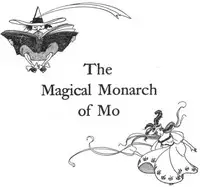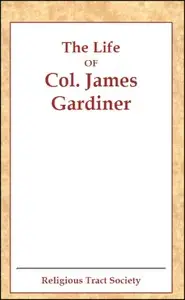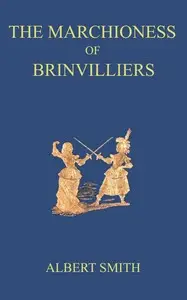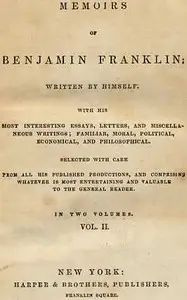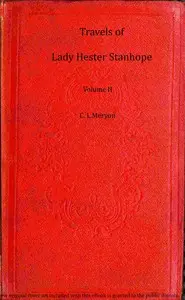"The Lives and Opinions of Eminent Philosophers" by Diogenes Laertius is a compilation of historical accounts and biographical sketches written in the late 2nd century AD. This extensive work chronicles the lives and philosophies of various notable Greek philosophers, providing insights into their thoughts, contributions, and contexts. The text serves as a crucial source of information about the history of Greek philosophy, linking the emergence of philosophical thought to prominent figures like Thales, Solon, and Socrates. At the start of this work, the author presents an introduction outlining the origins and classifications of philosophy, distinguishing between the influences of Greek and non-Greek traditions. Diogenes Laertius discusses early philosophical figures and sets the stage for a more detailed exploration of notable philosophers, specifically starting with Thales. The opening portion introduces the structure of the work, highlighting the significance of philosophical teachings and the impact of early philosophers on subsequent thought, ultimately leading to a deeper dive into the lives of these influential thinkers. (This is an automatically generated summary.)
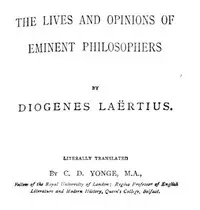
The Lives and Opinions of Eminent Philosophers
By Diogenes Laertius
"The Lives and Opinions of Eminent Philosophers" by Diogenes Laertius is a compilation of historical accounts and biographical sketches written in the...
Diogenes Laërtius was a biographer of the Greek philosophers. Little is definitively known about his life, but his surviving Lives and Opinions of Eminent Philosophers is a principal source for the history of ancient Greek philosophy. His reputation is controversial among scholars because he often repeats information from his sources without critically evaluating it. He also frequently focuses on trivial or insignificant details of his subjects' lives while ignoring important details of their philosophical teachings and he sometimes fails to distinguish between earlier and later teachings of specific philosophical schools. However, unlike many other ancient secondary sources, Diogenes Laërtius generally reports philosophical teachings without attempting to reinterpret or expand on them, which means his accounts are often closer to the primary sources. Due to the loss of so many of the primary sources on which Diogenes relied, his work has become the foremost surviving source on the history of Greek philosophy.



